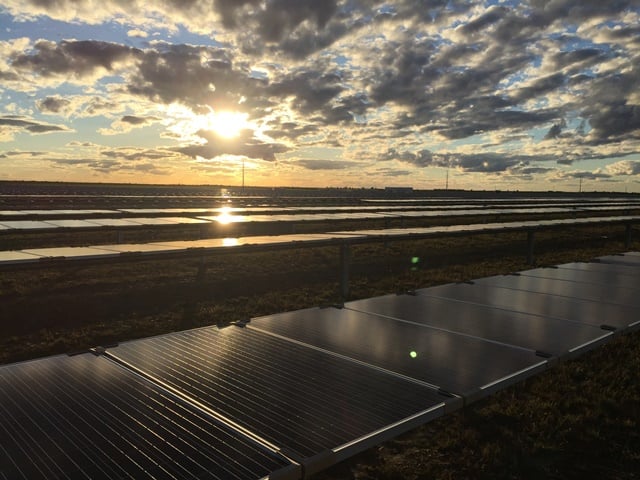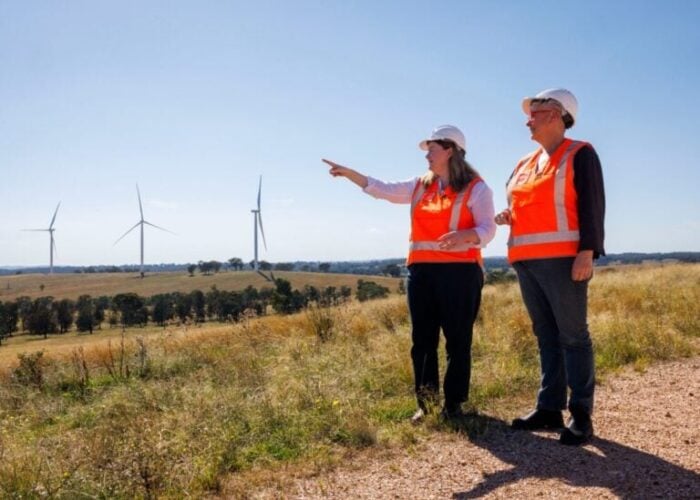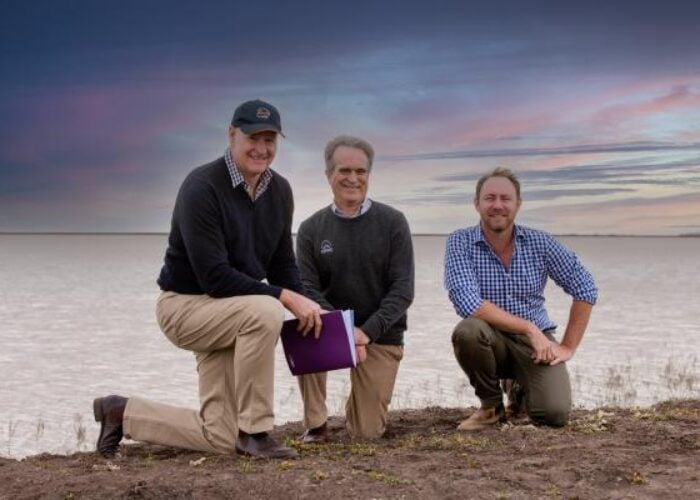
Dithering on policy making is distracting Australian politicians from an urgent need to replace old coal power plants with renewable energy, the Clean Energy Council (CEC) has said.
The majority of the country’s coal-fired power plants face impending closure and the Council believes that to alleviate any subsequent issues of energy security, investment in new energy – particularly clean energy – is critical.
Unlock unlimited access for 12 whole months of distinctive global analysis
Photovoltaics International is now included.
- Regular insight and analysis of the industry’s biggest developments
- In-depth interviews with the industry’s leading figures
- Unlimited digital access to the PV Tech Power journal catalogue
- Unlimited digital access to the Photovoltaics International journal catalogue
- Access to more than 1,000 technical papers
- Discounts on Solar Media’s portfolio of events, in-person and virtual
The Council also expressed disappointment that political parties have already ruled out some of the policy options available that could have provided the necessary support to allow renewables to compete in a heavily coal-dominated market. Coal-fired capacity, which was built with taxpayers’ funds several decades ago, has only had to pay for fuel and maintenance, the CEC claimed.
CEC chief executive Kane Thornton said: “Without clear federal energy and climate policy beyond 2020, the level of new investment in clean energy will likely fall and be reliant on state and territory policies. Our preference has always been for strong and stable national energy policy, but there is a policy void beyond 2020.”
Renewables are now deemed the cheapest form of new power generation by Bloomberg New Energy Finance with cost reductions expected to continue. Meanwhile, new coal-fired power remains expensive and risky, with the gas generation increasing in costs due to expensive supply deals.
But Thornton added: “Any approach which favours coal or gas over renewable energy will lock in higher overall costs for consumers for decades to come.”
The Labor party supports the preferred option of an Emissions Intensity Scheme (EIS) to help manage the closure of coal generation and improve the business case for renewables. However, CEC said it was unclear if such a policy alone would help deliver strong investment in renewables and suggested that additional policy support could be needed.
Despite the concerns, earlier this week CEC analysis reported that investment confidence has rebounded in Australia's utility-scale renewables with more than 20 projects under or about to start construction this year, but at the time also highlighted the need for long-term policy clarity.
Finance has also been secured for the first phase of what will be the country’s largest solar plant.







